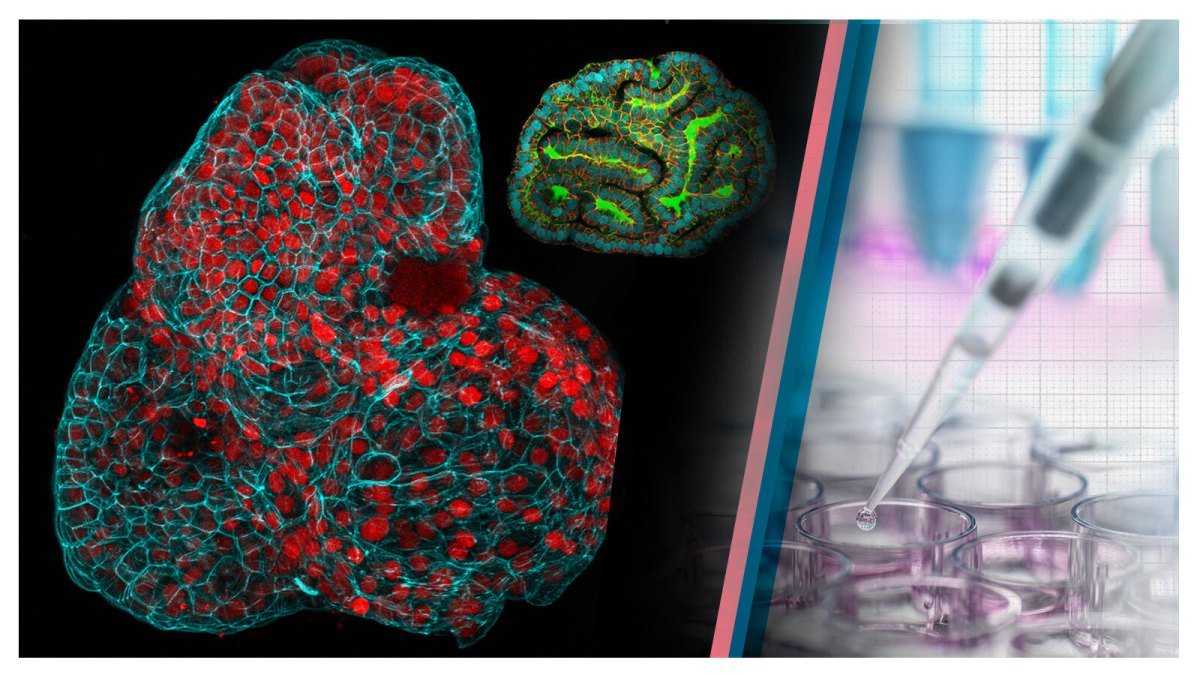Efforts to establish a global pact aimed at combating future pandemics have extended beyond the anticipated deadline without yielding a draft agreement, the World Health Organization (WHO) announced on Friday.
Negotiators representing the WHO’s 194 member states had aimed to finalize a draft agreement by the end of Friday, with intentions to adopt the legally-binding text at the upcoming World Health Assembly later this month. However, the deadline was missed, prompting negotiations to continue in the weeks leading up to the assembly.
Precious Matsoso, the co-chair of the intergovernmental negotiating body, emphasized the complexity of the task, highlighting the importance of ensuring the agreement is comprehensive and effective. The objective of the document is to bolster global preparedness against future pandemics following the devastating impact of the COVID-19 pandemic.
Disagreements have persisted throughout the negotiation process, particularly concerning issues of equity, complicating the timeline for reaching an agreement. Additionally, the treaty has become politicized in some countries.
Contentious elements of the treaty, such as the “pathogen access and benefits system,” have been deferred for further discussion, with a deadline set for two years from now. This system aims to facilitate the equitable sharing of materials with pandemic potential and ensure fair distribution of vaccines, drugs, and tests developed in response.
While the existing draft treaty includes provisions for vaccine sharing, including reserving a percentage for donation and affordable purchase by the WHO, specific details are yet to be finalized. The delay in reaching consensus underscores the complexity of addressing global health challenges amidst diverse interests and priorities.
Despite the challenges, experts stress the importance of persisting in the negotiation process, recognizing the potential impact of a failed agreement on global health security. The need for collective action and commitment to addressing future pandemics remains paramount, underscoring the significance of ongoing discussions.



